 The eBook won’t kill publishing, but the traditional book and its indifferent author just might. There was a time when the stereotypical aspiring author with a big idea would go from publisher to publisher in search of a believing partner. Few books would make it through the editorial filter to get published, but those that did felt significant. Not every book succeeded, but having the book published meant something in itself.
The eBook won’t kill publishing, but the traditional book and its indifferent author just might. There was a time when the stereotypical aspiring author with a big idea would go from publisher to publisher in search of a believing partner. Few books would make it through the editorial filter to get published, but those that did felt significant. Not every book succeeded, but having the book published meant something in itself.
Today the popularity of real time media makes it easy to do everything from instantly reviewing a movie, to broadcasting our location and reactions to the world around us. As gratification has become instant, many have lamented the loss of a more considered, private and intellectual lifestyle. When media is instant, reflection becomes the missing link because there is rarely time to nurture and share it.
Books on how to use Twitter or Facebook are bought, written and published in a matter of months. Self publishing has afforded the ability for anyone with any kind of idea to create and publish their own tome without any filter at all. On one level, this democratization of publishing is liberating. Great ideas which may never have made it through the sometimes harsh editorial sphincter can now survive and thrive. The negative, of course, is that the quality can vary widely. Just because anyone can publish a book doesn’t mean they will publish a good one.
Now consider the new role of the author in this world. More than any other time in our past, there has been a rise of what you might term “indifferent authors” – the authors who care less about how many books they sell and more about the ego and reputation boost that having a book can offer. Indifferent authors are changing publishing because their priorities are different from the publishers they partner with.
While a publisher may care solely about book sales, the indifferent author has a much wider success metric. Speaking engagements, consulting work, guest article opportunities … each of these matter more to the indifferent author than the sales themselves. These authors are happy with niche sales, ready to step away from the bestseller list book race, and enjoy the reputation lift of having a book – whether the quality is there or not.
More than eBooks or digital content, the rise of this type of author presents a significant threat to not only the world of publishing, but the value that readers place on books themselves. This is a challenge we all must rise against. It is not about recreating a closed club of the “in crowd” where great ideas from outsiders never see the light of day. This is about respecting the ideal that a book should be significant. It should say something important. And it certainly should say more than an insightful blog post or a pithy 140 character observation.
These are the types of ideas that people will continue to pay to read, whether they are sold as a digital download or a printed hardcover book … and the future of publishing depends on finding and supporting the shrinking pool of authors who create them.
Note: This post is republished from an original article I wrote for the launch of The Gatekeeper's Post – a new online social community for the publishing industry.


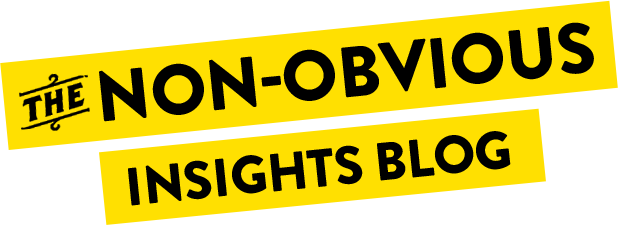




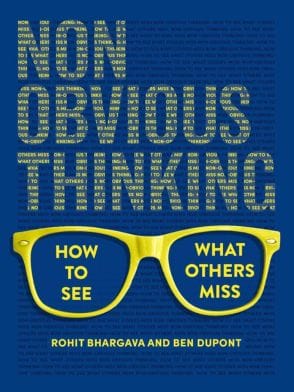

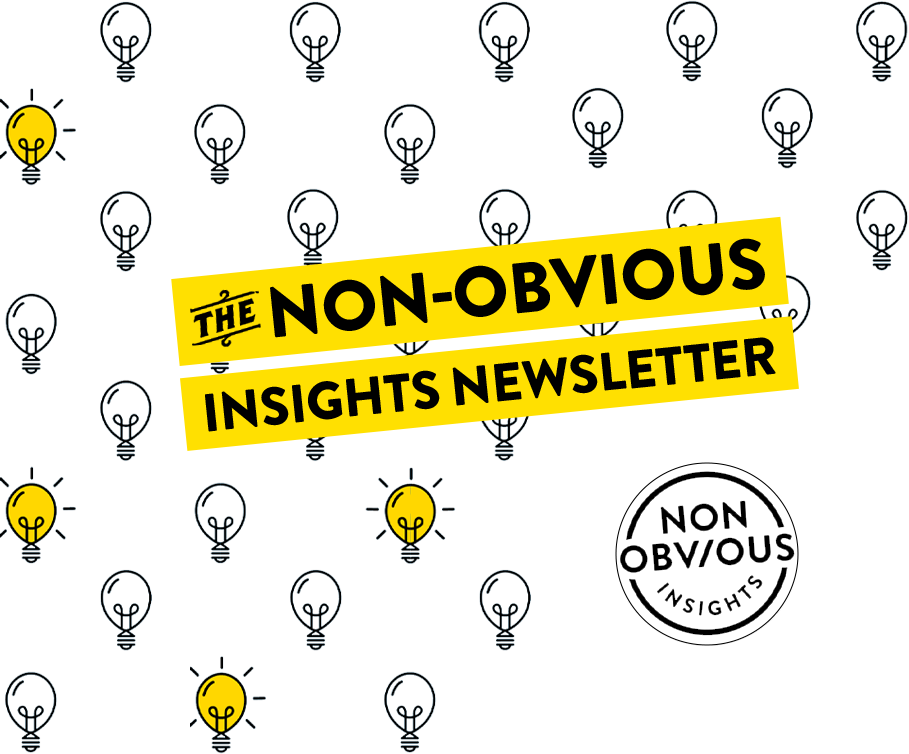


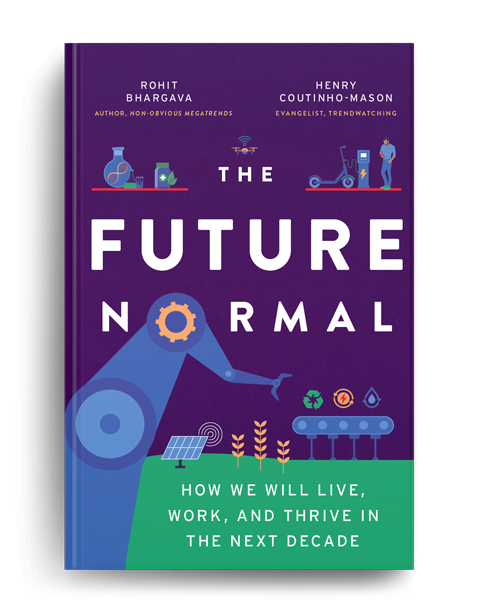
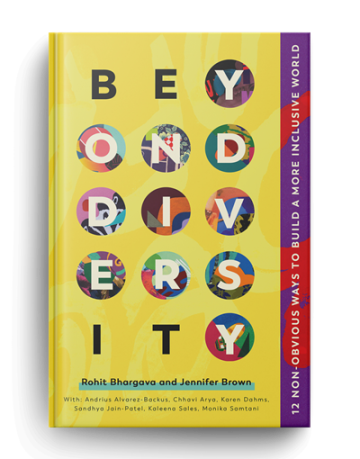
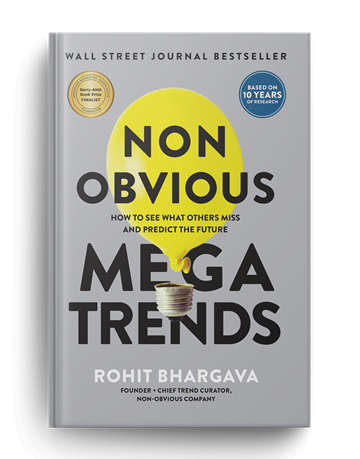
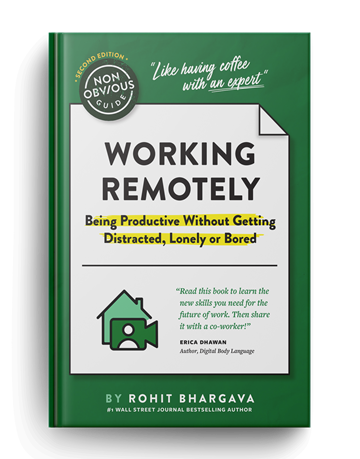
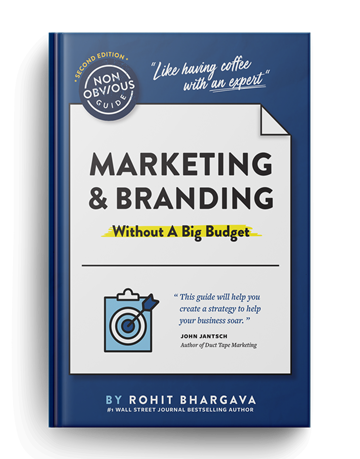
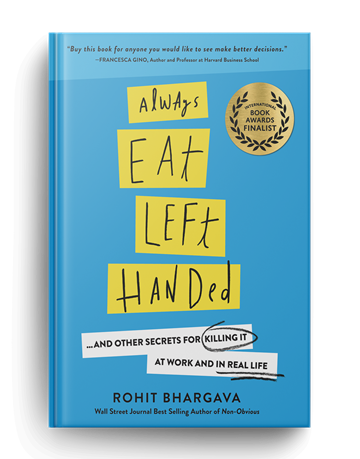
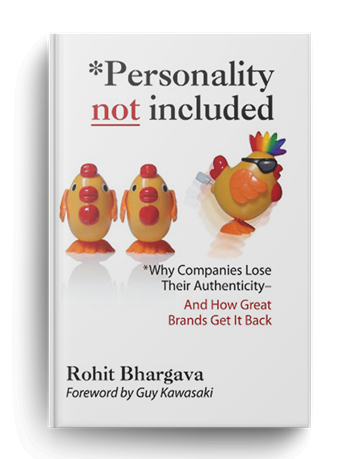
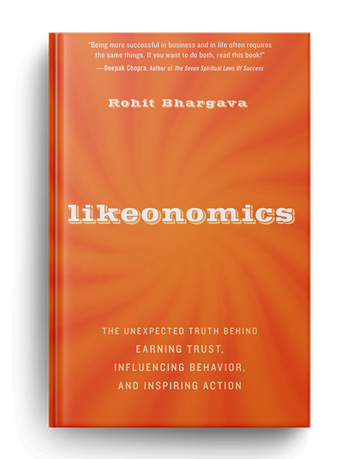

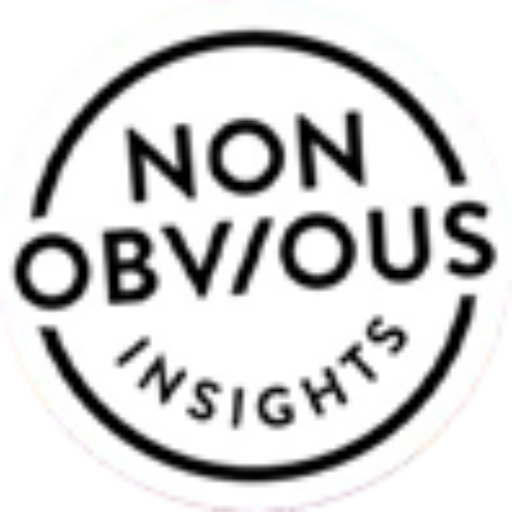
Sure… Maybe you can start by licensing Microsoft Word and WordPress only to people who agree to support your gatekeeper mindset. While you’re at it, you might try bringing back monks to hand-copy only approved manuscripts.
Publishing has survived 500 years of an increasing supply of books in print. Traditional publishers somehow managed to put out more than a quarter of a million new titles in 2009. Do you really think even a majority of those books were “significant”?
You know what will kill publishing? People not reading. Go to work on that and the rest will even out.
@Brian – Why do you think people aren’t reading in the first place? Book publishing has the same problem that content creation has online – there is a flood of content out there and people are actively seeking ways to help themselves make sense of it. That is leading to the growth of forms of content curation online, and in the publishing industry it is also a self correcting phenomenon – which is why the numbers for self published books are growing so rapidly while books from traditional publishers are flat or in decline (https://www.bowker.com/index.php/press-releases/616-bowker-reports-traditional-us-book-production-flat-in-2009). I’m not supporting a gatekeeper mentality or suggesting that we need to be gatekeepers – I’m suggesting that authors put a higher standard on what they publish than what the technology encourages us to use. As publishing gets easier and easier, it becomes the challenge of anyone creating content to challenge themselves to make it better instead of just releasing it faster.
First, there’s a difference between non-traditional publishing and “self-published”. Much of the non-traditional growth in 2009 came from publishers who re-purposed public-domain titles that had previously been through traditional houses. The number of self-published books is about a tenth of what came out of traditional houses that year.
Your post strongly endorses gatekeeping: you talk about the threat that these self-published authors of dubious quality pose to traditional houses, which are the last bastions of gatekeeping. You’ve even picked up this post from an earlier submission to … “The Gatekeeper”. It’s hard to imagine a less apt name for a social media site supposedly aimed at the future of publishing.
Closing the barn door now seems like a fine idea if you’re a traditional publisher or an agent. Still, I wholly support your call to make good books. Let’s start by recalling every copy of “Who Moved My Cheese?”
I hate worthless books as much as anyone. But there have always been “indifferent authors.” The problem though has nothing to do with book quality. There are hundreds of great books available in any bookstore that lie unread. The problem is that not enough people are reading anything that requires intellectual engagement. As the other commenter said, get more people reading. It is as simple as that. And as difficult.
@Brian – Thanks for coming back to comment here, I respect the time that you took and you’re clearly well versed in this world and have a point of view worth listening to. You are totally right that “The Gatekeeper’s Post” is unfortunate name for that community … though I had taken it to be an intentional jab at what publishing has become rather than an uninformed choice. Either way, my aim with this post wasn’t to support gatekeeping of any sort, but rather to try and provoke more authors and potential authors to challenge themselves to treat publishing their own book (whether self published or not) as a more significant thing. As a blogger and an author, I know that I labored far more over every sentence I put into my book than I ever did for a blog post … and yes, sometimes I am frustrated that I see many other books without that level of effort. I don’t want the “editorial sphincter” as I called it in the post to decide what gets published, I would just love to see anyone who chooses to publish to take the challenge of producing something high quality more seriously. In that sense, I had hoped to write more of challenge directly to other aspiring authors.
@Jay – Great point, and getting more people is a great end goal for all of us. My small contribution to that effort is trying to raise my two boys to love books and reading … but I’d love to do more, as I know we all would.
This article makes a good point. When you throw indifferent authors and distracted readers in the mix, you have a big problem as far as publishing is concerned.
I just wanted to take a moment and let you know how helpful that your advice has been. Your site is full of fantastic information. Thank you very much and keep up the good work!
Regular reader, first time commenter…
Thomas Francois
Marketing Director
Web Price Right
http://www.webpricedright.com
If it is the case that a book should say something important, why were Danielle Steel (a trashy author by many people’s standards) and Michael Crichton (really a hack writer with some only half-interesting ideas) so successful? Where was the sphincter filter there? It is because (a) ‘beauty,’ or in this case, quality, is in the eye of the beholder, and (b) publishers have, for a very long time, been interested only in what will sell — and what will sell does not necessarily equal quality.
Obviously, publishers have not felt compelled to always publish books that say something important. I think if that were the case, we’d have a much richer literary history than we do. I wish more publishers would challenge themselves to put out only quality books. I wish cultural creators of ALL types — writers, musicians, illustrators, etc. — would challenge themselves to produce only works of quality. But that’s not the world we live in.
‘Indifferent authors’ will not kill traditional publishing — indifferent readers will. And indifferent/nondiscerning readers are not created merely by publishing poor quality books — quality choices still abound for those wanting them. It is not up to the authors or even the publishers to create and publish important, worthwhile ideas: it is incumbent upon the discerning reader to support with their purcha$e$ only those literary endeavors that merit the distinction of ‘quality.’ AND one must realize that not all readers are discerning — just as the music world is inundated with the no-talent phenoms of Brittany Spears, Jessica Simpson, and the parade of American Idol contestants because they appeal to nondiscerning music listeners (who also fall prey to the oversaturation of marketing such performers receive — but that’s another argument), so too must the publishing world endure the slings and arrows of crap ‘literature.’ It is up the readers to support the Beethovens, the Miles Davises, the Bob Marleys, the Beatles, the Velvet Undergrounds, and the Yo La Tengos of the literary world. If you, as a consumer, are not smart enough to see past the marketing and discover something TRULY worthwhile, then you deserve the quality you get.